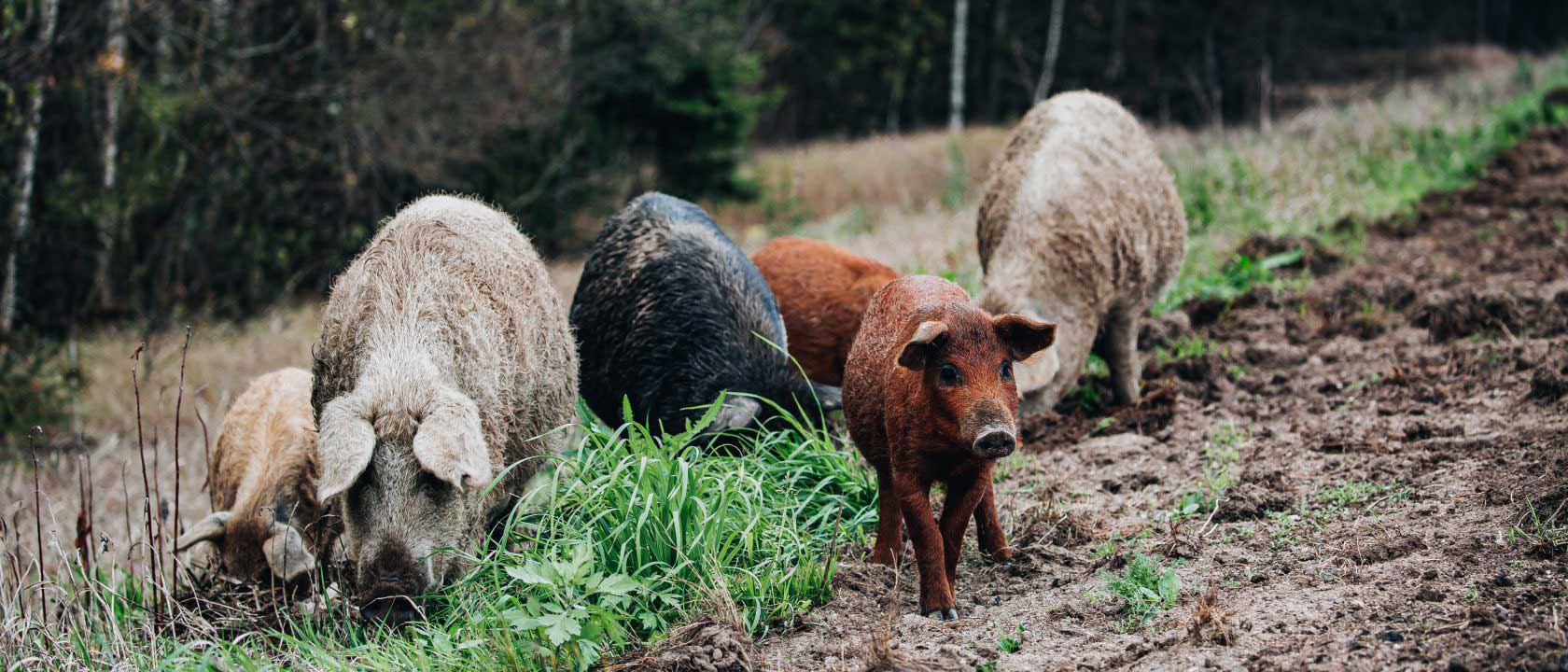
- Humans have a tendency to push animals out of their habitats
- Animals have begun to thrive in the Fukushima exclusion zone
- This indicates that moving forward, we need to learn how to accommodate and live in harmony with wildlife
Animals are extremely sensitive. The slightest changes in climate, food, or habitat have the ability to adversely affect animal populations. Susceptibility to these factors is what usually puts animals at odds with humans. Once areas become inhabited with humans, animals are almost always negatively affected by things like light, noise, or trash pollution in addition to the inherent habitat disruption. A recent study done by the University of Georgia biologists has shown this through a study analyzing the opposite: the effects on wildlife when humans leave an area.
The Fukushima Meltdown
On Friday, March 11, 2011, an earthquake caused a nuclear meltdown at a nuclear power plant in the town of Okuma, Japan. The incident resulted in nuclear material being released into the surrounding area and the Pacific ocean. It was the second-worst nuclear power incident in history. Radioactive contamination forced the entire town to be evacuated.
New Inhabitants!
Nearly 10 years after the incident, photographic data shows that animal populations within the evacuation zone are thriving. Researchers placed cameras at over 100 different sites where they collected photographs for about 120 days. After analyzing over 40,000 different images they were able to identify numerous species with a significant presence in the area. Some of the most notable ones were wild boars, red foxes, weasels, and black bears. When pairing this info with data regarding human populations living nearby, they discovered that there was a correlation between human populations and the animal populations. The areas farther from the human populations had more wildlife. This supports the notion that human populations have a negative impact on wildlife.
The return and success of animal populations in a good thing. However, there is a deeper lesson that we should take away from all of this. Unfortunately, events like the Fukushima disaster shouldn’t have to occur in order for animal populations to thrive in their native habitats. If we want to create a truly ecologically sustainable future, we need to learn how to coexist and accommodate the native wildlife around us. The changes needed for this to occur have to be intentional and occur on a societal level. Join Physis to invest your money in projects that protect animals!
References:
Rewilding of Fukushima’s human evacuation zone – Lyons – – Frontiers in Ecology and the Environment
